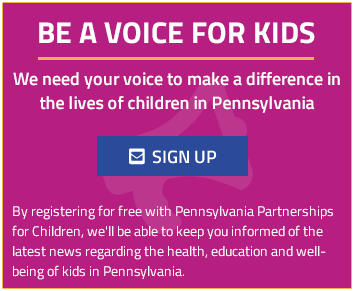PA Early Intervention programs vital for child development
A new study highlights the importance of Pennsylvania’s Early Intervention program and its services for infants and toddlers at risk of developmental delays. Kari King, president and CEO of Pennsylvania Partnerships for Children, said there are two Early Intervention programs: “Part B” for preschoolers, ages 3 to 5, and her group advocates for “Part C,” which supports […]
Reports of child abuse and neglect in Pennsylvania are rising after dropping during the pandemic, data shows
After a decline during the pandemic, reports of child abuse and neglect in Pennsylvania are on the rise again — though not reaching pre-pandemic levels yet. For its latest report, Pennsylvania Partnerships for Children, an advocacy group, dug into five years of data, from 2018 to 2023, to identify trends in how families move through […]











